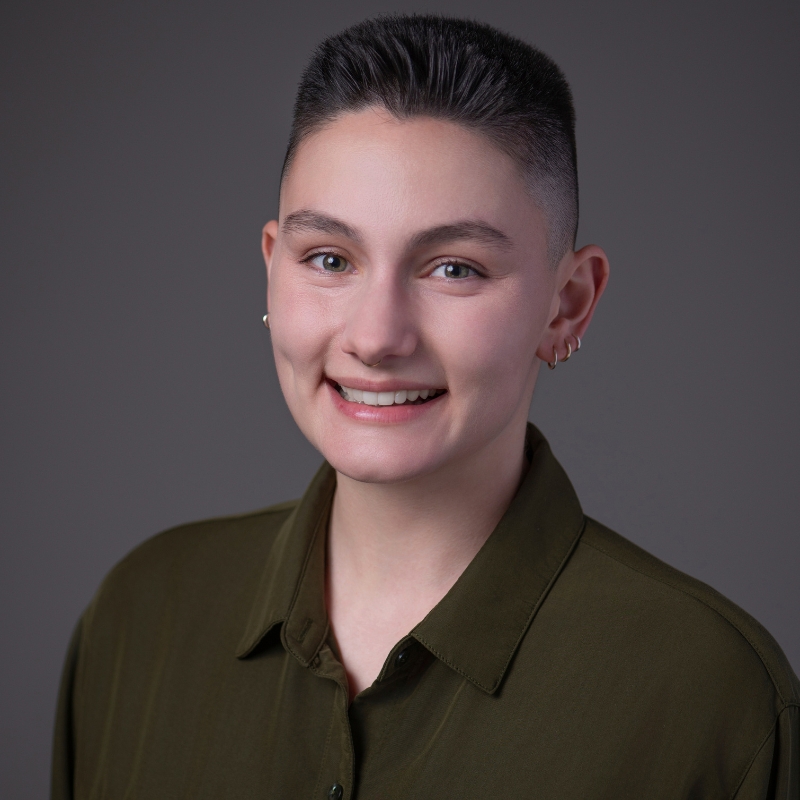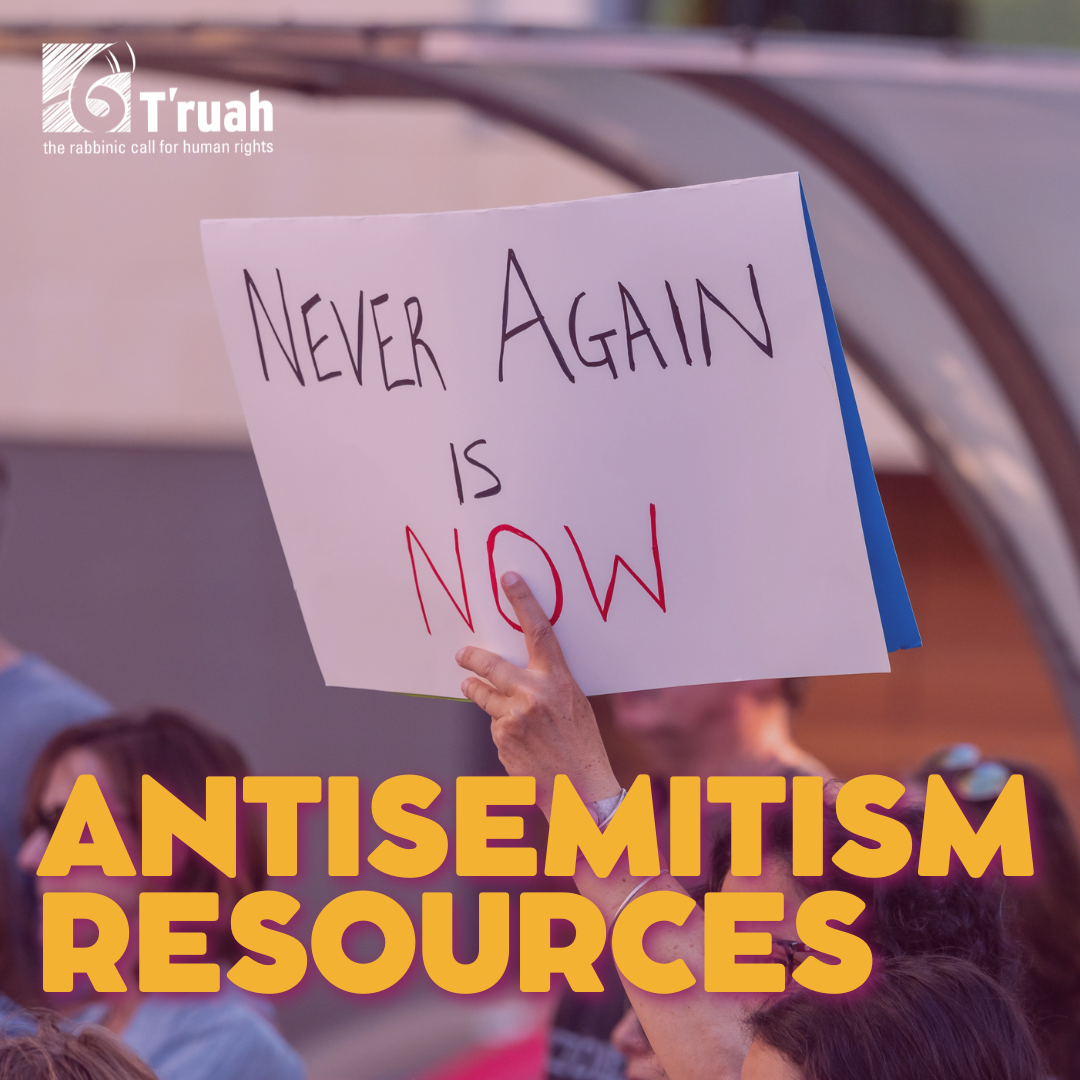Resources
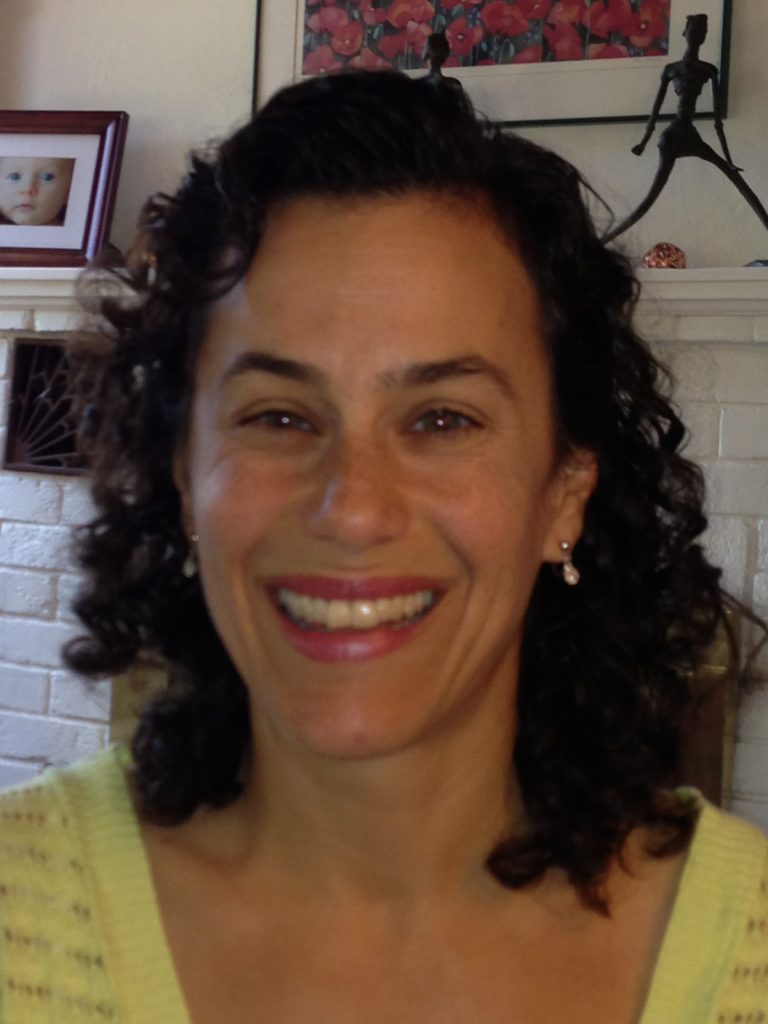
Lo Bashamayim Hi: Torah is Not in Heaven
Moses, our resolute, irascible, courageous, and humble leader, is desperate. Moments before his death, he gathers us. He implores us to follow Torah. He forcefully argues that each one of us is vital in this covenant with Torah and the Holy One. Wanting to have a voice far into the future, Moses makes the covenant...
more
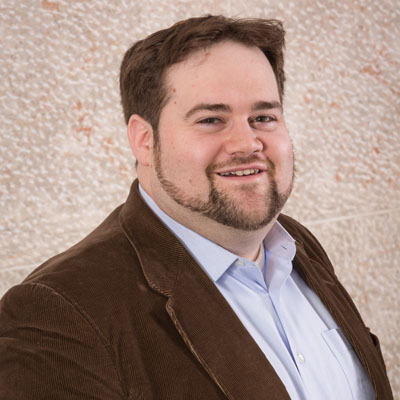
Jewish Health Care
The old joke is told about a proud Jewish parent flying to Washington to attend their child’s inauguration as the first Jewish president of the United States. They strike up a conversation with the stranger sitting next to them on the airplane, who asks why they’re flying to D.C. “Well, my daughter Julie is a...
more
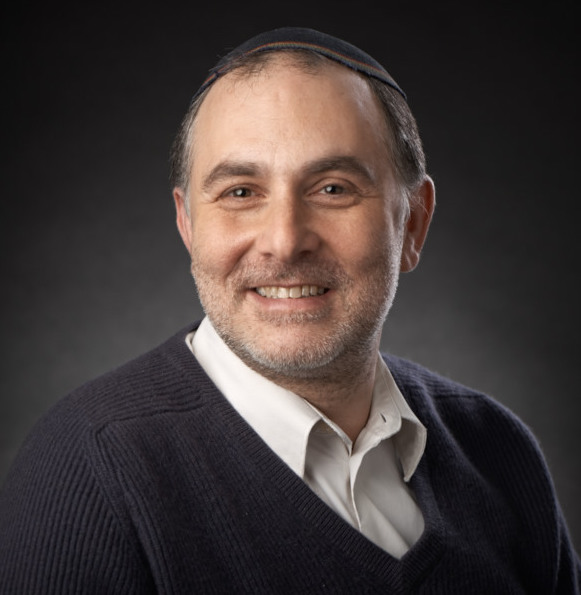
‘Wayward’ House Demolitions
Earlier this month, Israel’s Supreme Court ruled that the military may demolish the homes of three Palestinian men who, on June 16, 2017, led a stabbing and shooting attack in Jerusalem’s Old City, killing an Israeli soldier. Israel intends to carry out the demolition orders, even though the perpetrators of this heinous attack were killed...
more
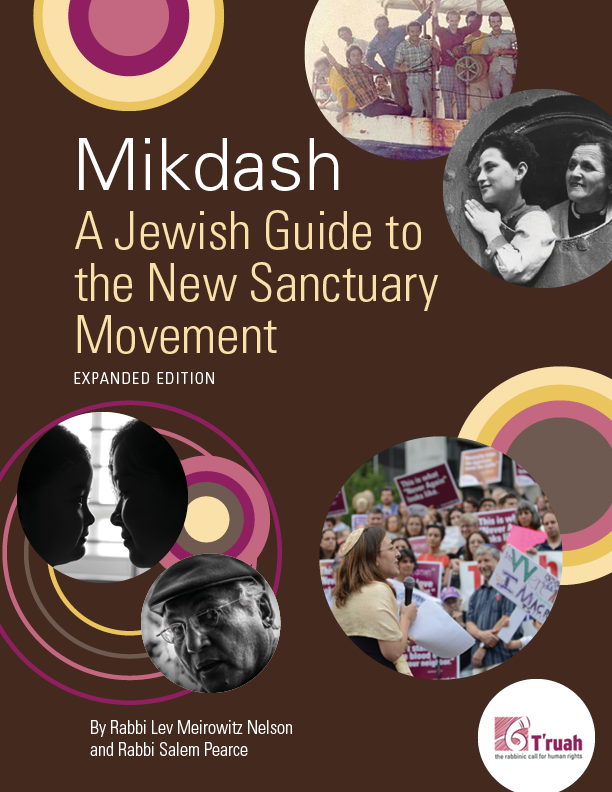
Mikdash: A Jewish Guide to the New Sanctuary Movement
T’ruah’s complete Jewish guide to the New Sanctuary Movement is here in a revised and expanded edition! This resource includes: Background information on sanctuary and immigration, placing them in the larger context of white nationalism and America’s history with immigration Concrete steps to take An original essay grounding sanctuary work in Jewish tradition and text...
more
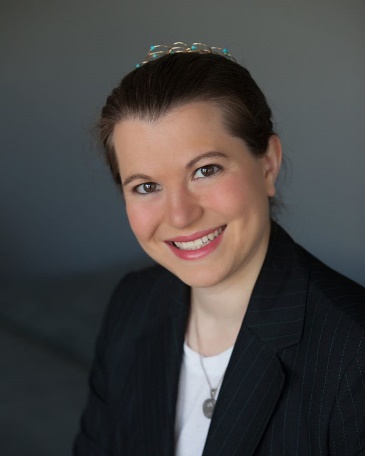
Senseless Hatred Among Us
On the 9th of Av, 5772, I had to attend the wake of a close friend who died suddenly at the age of 24. It was the first time I ever fasted on Tisha B’Av. I wasn’t raised with any observance or even knowledge, really, of the day, and even as I became more observant...
more
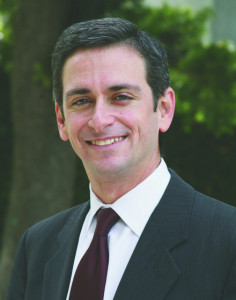
Hearing and Hearing Out
If you’re like me, the intractable status quo between Israel and the Palestinians is really getting you down. Ever since Yitzhak Rabin’s handshake with Yasser Arafat on the White House lawn nearly 24 years ago, my heart has been given over to the Oslo accords. An Israel and a Palestine, existing side by side in...
more
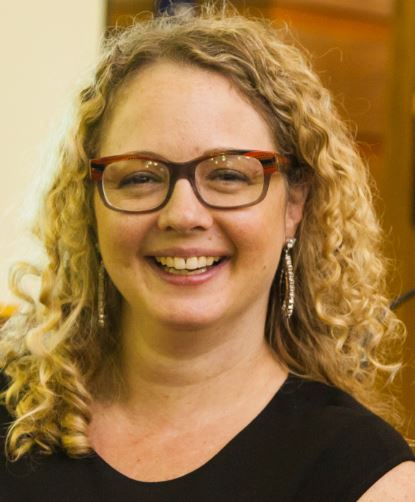
Silence Implicates Us
“The most urgent, the most disgraceful, the most shameful and the most tragic problem is silence.” These words were spoken by Rabbi Joachim Prinz, one of two Jews to speak at the March on Washington in 1963 alongside the Reverend Martin Luther King, Jr. Rabbi Prinz knew of which he spoke, having served the Jewish community...
more
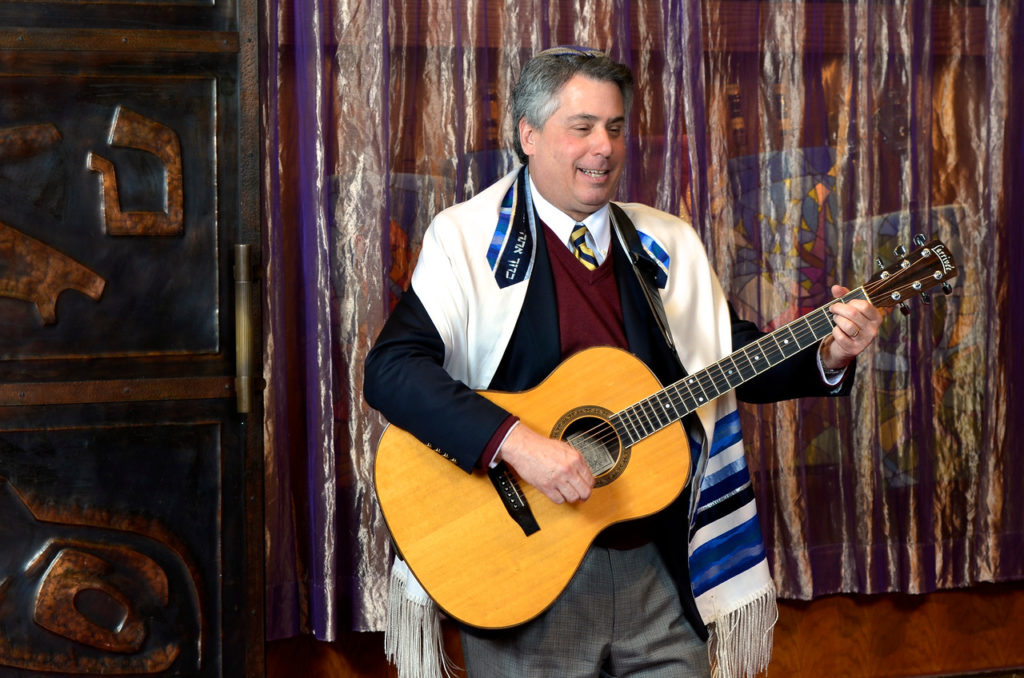
The Coming Earthquake
Have you ever been in an earthquake? April, 1979 in Jerusalem. Studying for my end of year rabbinic exams. The floor started shaking and then stopped. I relaxed for a moment. Then, it started again. This time I looked to where I might run for safety. In a flash I realize that all that beautiful...
more
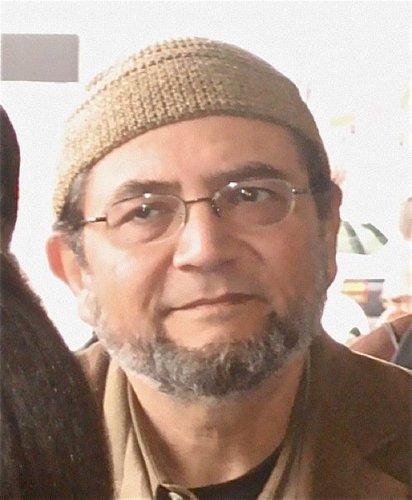
Not By Might: My Israel/Palestine
I am starting to write this from a cramped seat on an El Al flight to join the Center for Jewish NonViolence action from May 14-23 in the West Bank. I’ve been asked to drash Beha’alotecha in light of this trip, but, full disclosure, I have to write now because there won’t be enough time after...
more
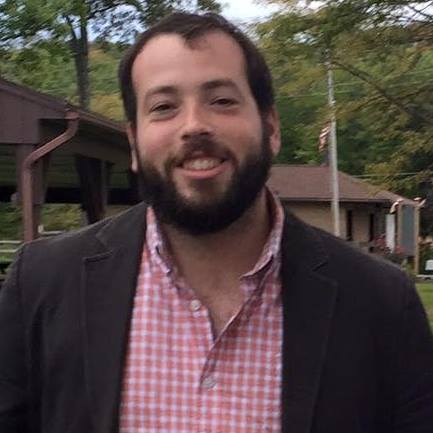
Praying That God Is Not Nauseous
“The land vomits you out?!” one of my congregants in my weekly parshah class exclaimed. We were learning parshat Behar. I was trying to explain the conditions in which we are allowed by God to dwell in the land of Israel. In order to dwell in the land we must act with holiness, following God’s...
more

